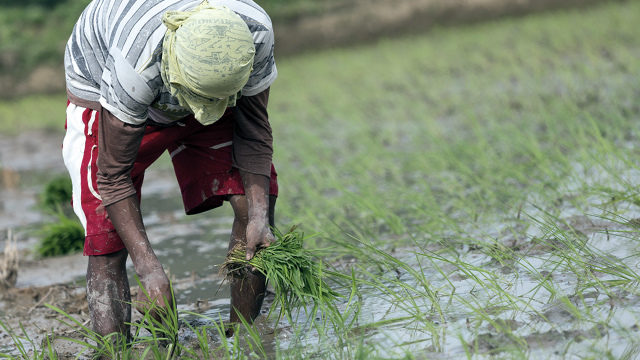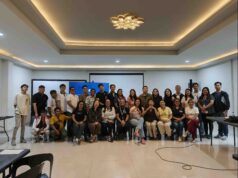(Photos grabbed from Google)
CITY OF SAN FERNANDO – The Kilusang Magbubukid ng Pilipinas (KMP) marked recently the anniversary of the Marcos-era land reform program with lament that seven out of every 10 farmers have remained landless and that those who have lands are evolving anew to become farm workers.
“Former petty-landed farmers are being thrown back into being farm workers due to inexistent support and the economic crisis,” the KMP said.
The KMP marked the issuance of Marcos’ Presidential Decree 27 on land reform as part of its October Resistance movement, as opposed to Red October which the Duterte administration claimed was a move of the opposition and leftist groups to oust the President from power.
October Resistance covers the farmers’ demand for genuine land reform, as well as a “resolution to the worsening hunger and economic crisis, and stopping the killing of farmers and gross human rights abuses in the countryside,” KMP said in a statement.
“Filipino peasants remain landless and hungry, as President Duterte took on the task of being the champion of hacienderos, plantation owners and foreign monopoly,” Anakpawis Partylist Rep. Ariel Casilao said. Casilao said “the administration has no agrarian reform agenda.
“CARP expired in 2014, but the administration is not working for a new land reform law, this is proof of its abandonment of the landless peasants in the country,” he said.
Casilao noted that “the Comprehensive Agrarian Reform Program expired in June 2014, thus, no new farmer beneficiaries have been served.”
He said that despite this, the expired “CARP’s loophole provisions have transformed it as an effective instrument of big landlords to displace farmers.”
Casilao is primary author of House Bill No. 555 or the Genuine Agrarian Reform Bill (GARB) still pending in Congress.
It pushes free distribution of land to poor farmers.
KMP said 60 percent of agricultural lands or 8.4 million hectares are owned and controlled by only 13 percent of the population.
Landlords control 20 percent or 2.82 million hectares of agricultural lands which are exempted from land distribution.
It also noted that since 1997, more than 10,000 certificate of land ownership awards are locked in cases.
“Being landless directly means being poor and hungry, worse, this administration is working to destroy the country’s self-sufficiency and food security,” Casilao said.
Casilao denounced the government’s reliance on imported agricultural products, especially rice, to fill up the country’s supply gap.
He asserted that food security should be based on self-sufficiency, as enjoined on House Bill No. 8512 or the Rice Industry Development Act (RIDA) he filed recently.
“The concrete conditions are driving poor peasants to actions, to rally, and occupy lands, this is the very basis of the apparent drumming up of the ‘Red October,’” he said.





